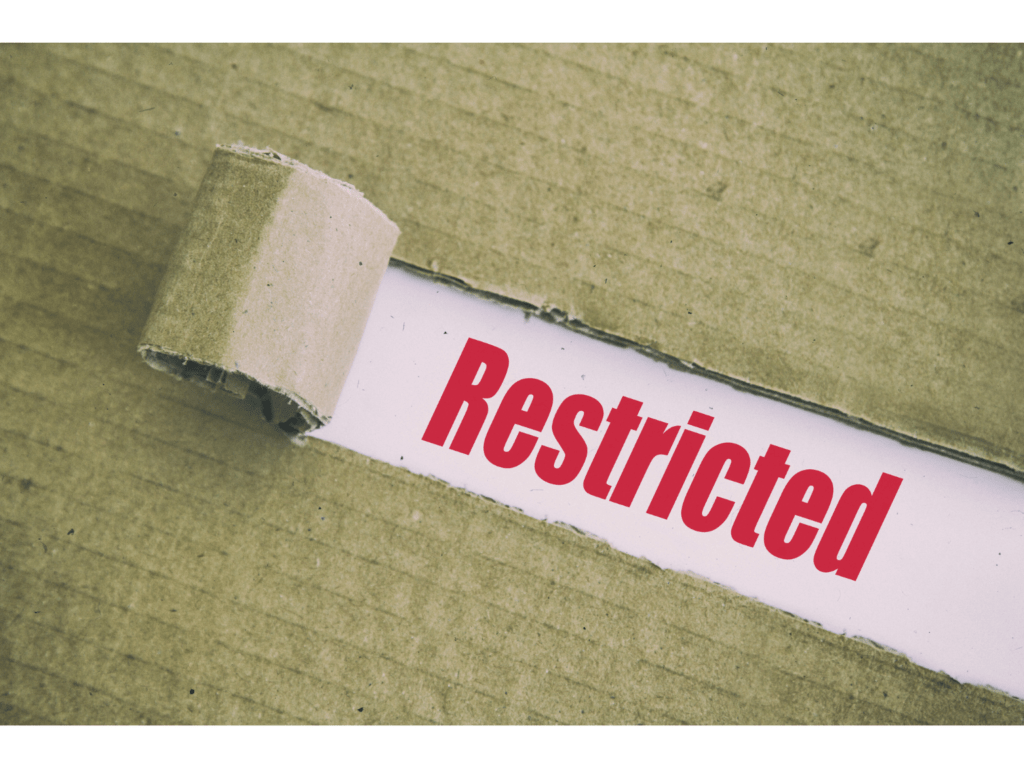U.S. semiconductor manufacturers may end up following in Apple’s footsteps when it comes to China. They’ve opted out of partnering with a Chinese state-owned company following new export restrictions by the Commerce Department. Other companies may follow suit if the government starts cracking down more seriously on who can export, and to whom, and require evidence that China isn’t bypassing those restrictions.
The latest restrictions against U.S. computer hardware exports to China have not been as restrictive as some in Washington hoped. Now, the House Foreign Affairs Committee Lead Republican Michael McCaul (R-TX) said that when the GOP takes over the House next year (and barring any unforeseen circumstances, it will), he will investigate the Commerce Department’s Bureau of Industry and Security (BIS) to see what they are doing to make their so-called Entity List work as it was supposed to. For now, the consensus is that export restrictions are not blocking China’s access to key American hardware.

China needs the equipment, like that pictured here, to make semiconductors. It is learning to make these machines. But for now, it is a product line the U.S. leads i manufacturing. Washington wants to keep it that way.
Last month, Apple vacated plans to work with China’s state-owned Yangtze Memory Technologies Corp (YMTC) to make its iPhones because of BIS restrictions. YMTC is not on the Entity List yet, but expectations are they will be next year.
The Entity List is a list of Chinese companies that require approval of the U.S. government before U.S. tech companies can sell certain components to them. Those export restrictions have come under fire all year.
Nearly all of the items requiring an export license were granted approval, according to Nazak Nikakhtar, a partner in the national security practice at Wiley and a former Assistant Secretary for Industry and Analysis at the Commerce Department during the Trump administration.
“It is going to take more time to better determine what needs to be done (with the Entity List and export restrictions), where authorities need to look, and whether they need to go elsewhere, or is this all going to be run from Commerce going forward,” said Roslyn Layton, head of the China Tech Threat blog. Layton co-authored a report last year on Silicon Valley and China with CPA’s chief economist Jeff Ferry. “You are going to see a wholesale review of the BIS (with McCaul) at every level to fix the problem we have (of weak enforcement).”
Layton hosted a webinar about the new export restrictions on Tuesday, featuring Nazak and Heritage Foundation senior fellow Dustin Carmack.
The China Tech Threat webinar can be viewed here.
“The odds of YMTC being on the Entity List next year are very high,” said Carmack.
Chip makers like Micron Technology said they would abide by the government’s export restrictions and didn’t expect any layoffs to come on account of those restrictions on sales to China. Micron is building a new chipmaking plant in Boise thanks in part to this year’s CHIPS Act, a law that gives production tax credits to manufacturers in hopes they will invest in semiconductor manufacturing in the U.S. instead of the Asia drift that’s been happening for years. American tech giants love China. But Washington wants to break up that relationship to some degree.
“Apple is being very careful not to anger the CCP,” said Carmack. Apple’s iPhone sales in China are equal to or greater than that in the U.S. “I think companies are going to keep a close eye on more export controls coming. Everyone in the manufacturing space is watching and wondering what (China leader) Xi’s response will be to new restrictions.”
For Nazak, export restrictions that get a pass are problematic. It is unknown whether the product shipped to China is not repurposed, or sold to a company that is banned. The Chinese government could easily facilitate such a move. U.S. auditors are not in China to find out.
“If you cannot conduct an adequate end-use check, then you need to add them to the Entity List,” Nazak said.
“I’d be extremely skeptical about the Chinese in this case,” said Carmack. “It would be helpful to have McCaul do a deep dive into what the BIS is doing. There are a lot of people in DC that have cash flow who are trying to water these restrictions down. Including the American semiconductor industry. It does a significant amount of business in China and guys like Senator (Marco) Rubio and others have tried to call this out. But it’s not about press releases and flashy interviews. You have to do the proper work to make sure things are actually not being sold where they are restricted.”
For now, the BIS operates in a black box. And export restrictions on China, initially deemed a “death knell” to China tech, have never been that restrictive.
China’s tech prowess is growing fast.

A Xioami phone. It is a top three phone throughout the Americas already, surpassing Motorola and Apple in many markets south of the Rio Grande.
“We are under siege with Chinese surveillance equipment coming into the U.S. and we are not using the tools in the tool chest to monitor what is coming in,” said Nazak. “If we are not looking at that, the fundamental question is why? Why are we not using the tools we have?”
Some states are adopting stricter measures on the flow of China tech, such as optical equipment used in security cameras. Florida and Georgia both have their own security rules in place that do not allow the government to purchase equipment from Chinese companies.
The Heritage Foundation did a report on states imposing import restrictions in June, titled “Why State Legislatures Must Confront Chinese Infiltration.”
The China Tech Threat webinar pondered whether Congress will have a say in export restrictions, or if it will be up to the BIS alone.
“Will the new Congress change things on China, or will it be more of the same even with McCaul in charge?” asked Layton. McCaul is a China hawk.
One key indicator could be the GOP’s plans to establish a Select Committee on China. While this certainly seems like a positive step, CPA will be watching for action from the new Congress.
“The export restrictions do have plenty of loopholes, but it does seem that American tech companies are starting to get the message that they need to diversify away from China, due to a combination of those export restrictions, fear of further export restrictions, the never-ending supply chain snafus, and China’s severe Covid restrictions,” said Jeff Ferry, CPA’s chief economist. “Apple is reportedly losing as much as $1 billion a week in revenue due to shutdowns in China and I think they and other companies are beginning to learn the lessons of this overdependence on China. The tech industry has not yet accepted decoupling as the end-goal here, but if the Biden administration keeps up the pressure…we will move in that direction.”












